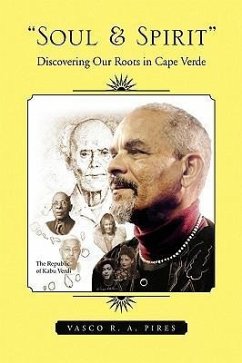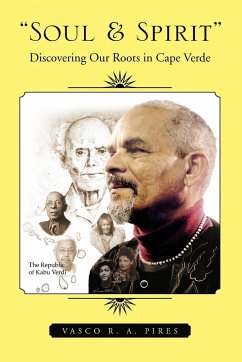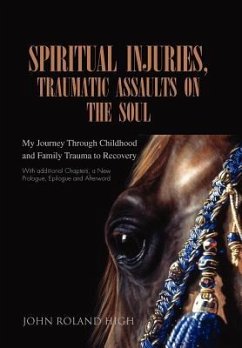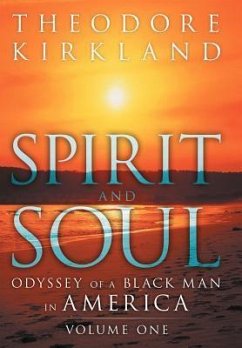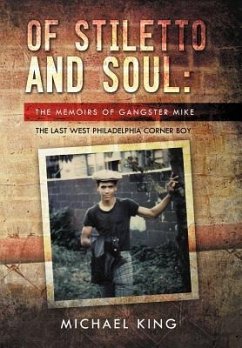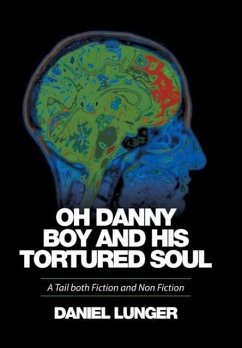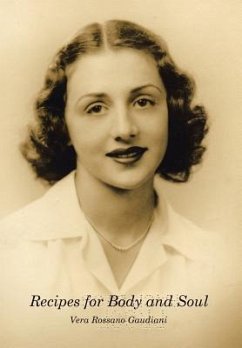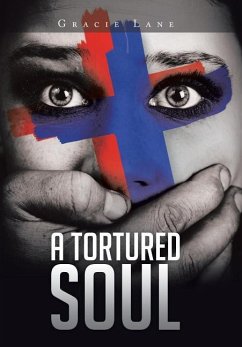America is a land of immigrants. We each have a unique story to tell. Most stories will never be known beyond the first generation's memories. To fit in with the dominate culture; most immigrants were pressured into denying their cultural roots. They never passed on their language or cultural histories to the next generation. Memories are treasures we enjoy in our golden years. We keep them alive by sharing with the next generation. My greatest treasure has been discovering the roots of my identity, my cultural base in the Nation of Cape Verde. This knowledge gives me pride; it adds unique perspective and value to my life. This book expresses my quest to discover my cultural roots. My grandparents provided support for the first generation born in America to survive and strive for the American dream. They came to America to find a better life and future for those left behind. In 1909 Nicholau and Rosa Pires, emigrated to the United States from the Island of Fogo, Cape Verde. They had four children born in America, Anna, Margaret, Roche, and my father Vasco. One daughter, Mimi, born in Cape Verde, remained there. In 1947 at the age of six, my father brought me from Ohio to live with my Cape Verdean grandparents on Cape Cod. My grandfather was Portuguese educated and learned just enough English to get his U.S. citizenship in 1946. In his house only Kriolu (Cape-Verdean spoken language) was spoken. The neighborhood was primarily Cape Verdean and most was from the same area on the Island Fogo. Sandwich Road, in the village of Teaticket, Massachusetts, was like a transplanted village from Cape Verde set in America. My grandmother, Rose "Ke'Ke'" was the friendly visitor of the community. She would walk the length of Sandwich Road (about two miles) at least once a week to visit relatives and friends, share the news, latest gossip from the Islands, and visit those who were ill. She would often take me along. The foundation of my love, pride, and longing to see Cape Verde was set. This experience became my wellspring of inspiration for my expressions of Cape Verde and the sea. Religious belief has sustained me throughout my life. Cape Verdean people are traditionally Roman Catholic. In my early childhood, I was raised to be a Catholic. I was required to attend catechism to be indoctrinated into the Church. I received the sacrament of First Communion and then as a teenager, the sacrament of Confirmation. The Church served me well as a child, but as I grew more mature, the Church posed more questions then answers to life's meaning. Religion to me is supposed to be a way to find answers to life's mysteries, and live a happy life as a human being. At age fifteen my search for the real meaning of God and religion began. My mother's side of the family was Christian. I then became a born-a-gain Christian till the age of 36. The Bible, I was told, was the word of God. God loved everyone. God knew everything and God was everywhere. God was so powerful, that nothing could stand up to him/her. My thought was, why then, is God limited to just one religious belief like, Christianity, Islam, or Judaism? Why does God allow so much suffering in the world? In 1968 during a peace rally at Boston City hall a stranger gave me a newspaper called the "World Tribune." In it were articles about how people had changed their lives by saying the words, "Nam Myoho Renge Kyo." In it were ideas about creating peace in the world, one person at a time. I never saw that person again, but nine years later on Cape Cod, one of my students in my high school art class invited me to a Buddhist meeting. At that meeting, the "World Tribune" was being used to study Buddhism based on real experiences. They studied the history of Buddhism, and what it means to be a human being. After several months of checking out the people, the organization, and the history of Buddhism, I became convinced that this is what will give me the answers I have been seeking for the past twent
Hinweis: Dieser Artikel kann nur an eine deutsche Lieferadresse ausgeliefert werden.
Hinweis: Dieser Artikel kann nur an eine deutsche Lieferadresse ausgeliefert werden.

